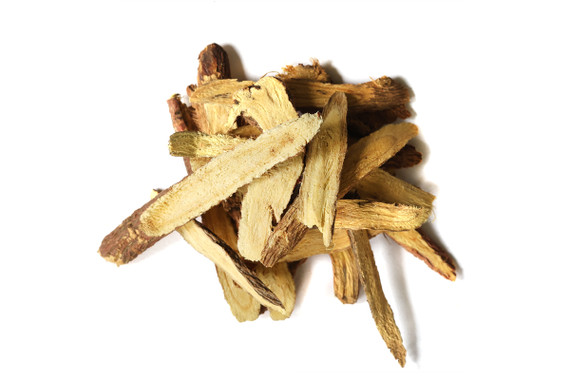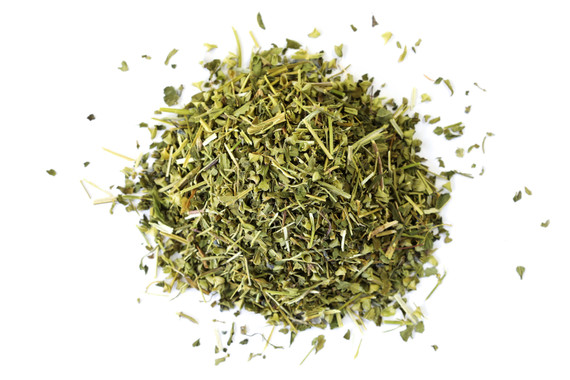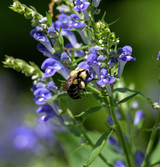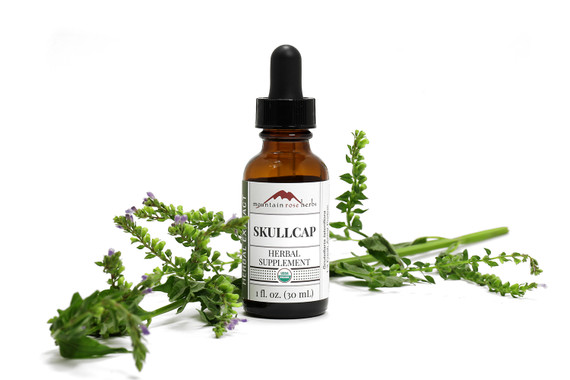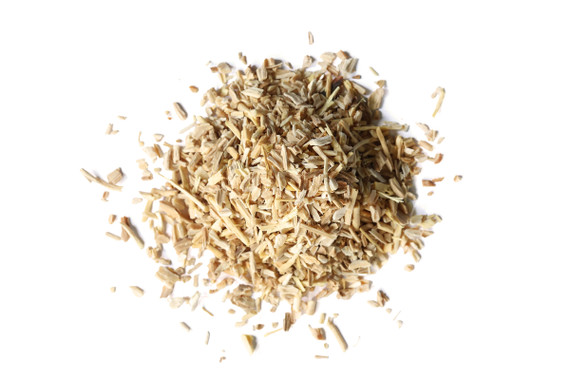Chinese skullcap, Scutellaria baicalensis, also known as 'baical skullcap' is one of the 50 fundamental herbs in Traditional Chinese Medicine (TCM) and a member of the mint family, Lamiaceae. It is quite different in its function from the American Scutellaria lateriflora and is not to be confused. One of the ways to tell them apart, is by the plant part used, with American skullcap the aerial portion is most sought after, and with the Chinese skullcap it is the root.
Chinese skullcap grows in single stems and bears many purple flowers all resembling medieval helmets, hence the name skullcap. This plant prefers a moist habitat and is most often seen growing along lakes and stream beds in China and up through Mongolia to eastern Russia.
In TCM, Chinese skullcap was also known as ‘golden herb’, especially when tinctured or decocted. It is often included in combination formulas due to its widespread positive affect on the whole health system. Chinese skullcap is most renowned for its ability to support the body in fighting infections, specifically aiding the lungs with respiratory infections. It lends positive reinforcement to the systems responsible for clearing the body of toxins such as the gut and liver, and it thought to have antioxidant and antimicrobial properties. Chinese skullcap can be tinctured or decocted, added to mouthwash to support gum health, powdered and encapsulated, or made into tea. Rich in vitamins and flavonoids, there’s no wonder it was referred to as the ‘golden herb’.
Precautions
May interact with prescribed medications. We recommend that you consult with a qualified healthcare practitioner before using herbal products, particularly if you are pregnant, nursing, or on any medications.
This information has not been evaluated by the Food and Drug Administration. This product is not intended to diagnose, treat, cure, or prevent any disease. For educational purposes only.



